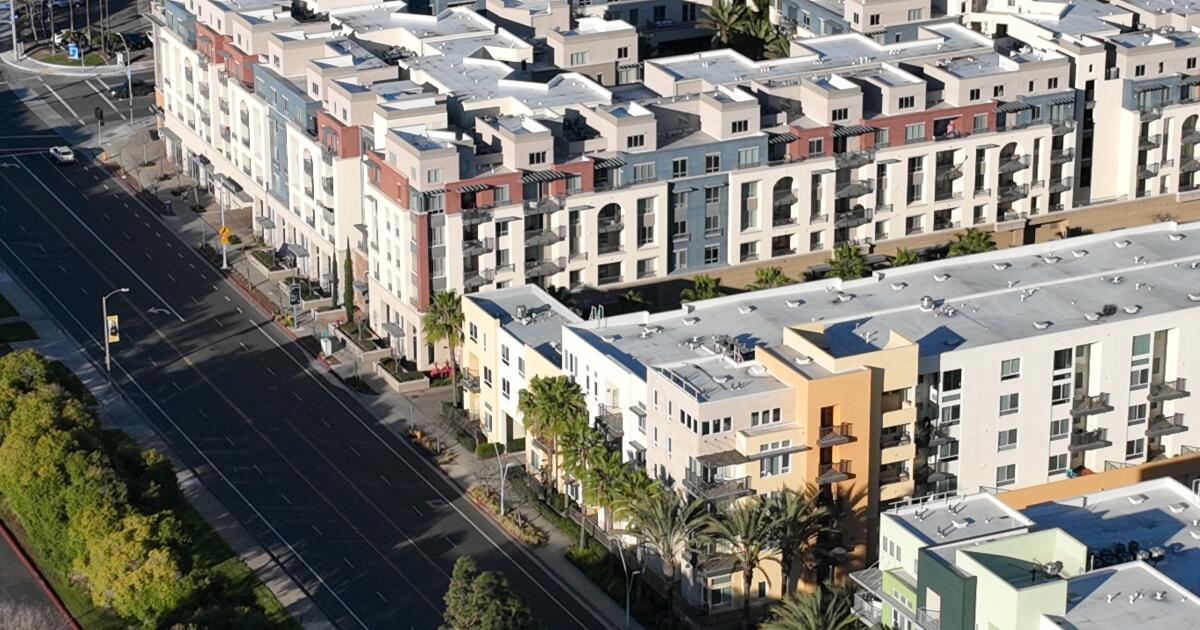Controversial Housing Bill Passed by Assembly
Introduction to the Bill
A controversial housing bill that would override local zoning laws to expand high-density housing near public transit hubs was passed by the California Assembly on Thursday with a vote of 41 to 17. Senate Bill 79, one of the more ambitious state-imposed housing density efforts in recent years, is now a final Senate concurrence vote and a Gov. Gavin Newsom signature away from taking effect.
Purpose and Provisions of the Bill
The bill was introduced in March by Sen. Scott Wiener (D-San Francisco), who stresses that the state needs to take immediate action to address California’s housing shortage. It paves the way for taller, denser housing near transit corridors such as bus stops and train stations: up to nine stories for buildings adjacent to certain transit stops, seven stories for buildings within a quarter-mile, and six stories for buildings within a half-mile. Single-family neighborhoods within a half-mile of transit stops would be subject to the new zoning rules.
Debate and Passage
Lawmakers debated the bill for around 40 minutes on Thursday evening, and drew cheers after it was passed. Supporters say drastic measures are necessary given the state’s affordability crisis. Critics claim the blanket mandate is an overreach, stripping local authorities of their ability to promote responsible growth.
Opposition from Local Authorities
The vote came a few weeks after the Los Angeles City Council came out against the bill, voting 8 to 5 on a resolution opposing it. Councilmember Traci Park, who co-authored the resolution with Councilmember John Lee, called SB 79 a “one-size-fits-all mandate from Sacramento.” Lee called it “chaos.” The resolution called for L.A. to be exempt from the upzoning since it already has a state-approved housing plan.
Community Protests and Concerns
The bill has spurred multiple protests in Southern California communities, including Pacific Palisades and San Diego. Residents fear the zoning changes would alter single-family communities and force residents into competition with developers, who would be incentivized under the new rules to purchase properties near transit corridors.
Recent Developments and Support
However, support for SB 79 surged in recent days after the State Building and Construction Trades Council, a powerful labor group that represents union construction workers, agreed to reverse their opposition in exchange for amendments that add union hiring to certain projects. In a statement after the deal was struck, the trades council president Chris Hannan said the amendments would provide good jobs and training to California’s skilled construction workforce. Wiener, who has unsuccessfully tried to pass similar legislation twice before, said the deal boosted the bill’s chances. “The bill is not guaranteed to pass, but we have more momentum today than we did yesterday,” Wiener said.
Next Steps for the Bill
The next stop is the state Senate, where the bill already squeaked through by a narrow margin earlier this year. If it survives a vote for final concurrence there, it would go to Gov. Newsom’s desk in October.
Conclusion
The passage of Senate Bill 79 by the California Assembly marks a significant step towards addressing the state’s housing shortage, but it also raises concerns about local control and community character. As the bill moves forward, it will be important to consider the potential impacts on communities and to ensure that the benefits of increased housing density are shared by all.
FAQs
What is Senate Bill 79?
Senate Bill 79 is a controversial housing bill that would override local zoning laws to expand high-density housing near public transit hubs in California.
What are the provisions of the bill?
The bill allows for taller, denser housing near transit corridors, with up to nine stories for buildings adjacent to certain transit stops, seven stories for buildings within a quarter-mile, and six stories for buildings within a half-mile.
Why is the bill controversial?
The bill is controversial because it strips local authorities of their ability to promote responsible growth and could lead to the alteration of single-family communities.
What is the next step for the bill?
The bill will now go to the state Senate for a final concurrence vote, and if it passes, it will be sent to Gov. Newsom’s desk for signature.
How has the community responded to the bill?
The community has responded with protests and concerns about the potential impacts on single-family neighborhoods and the character of their communities.


